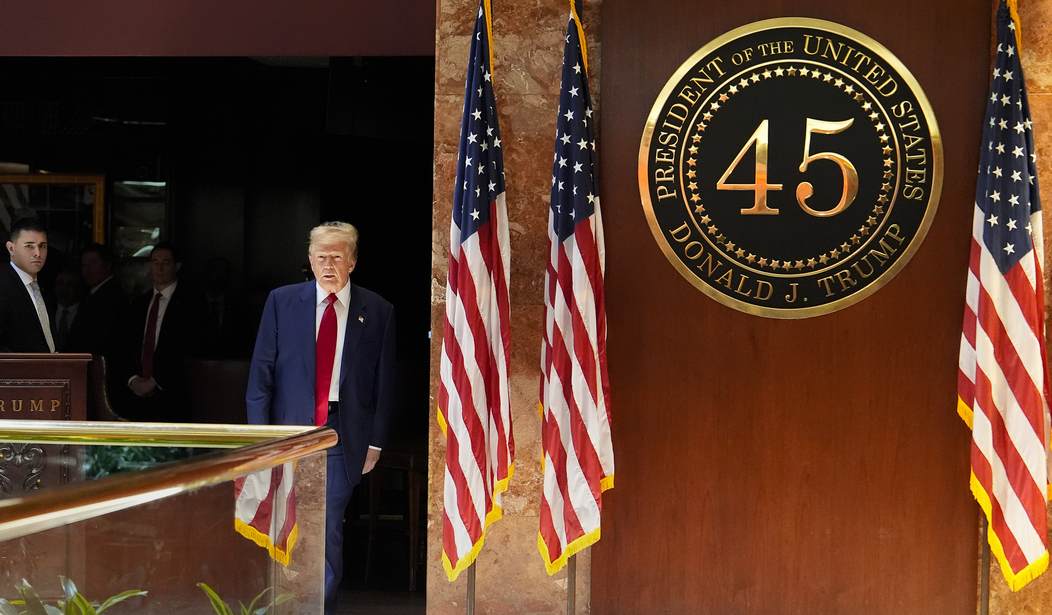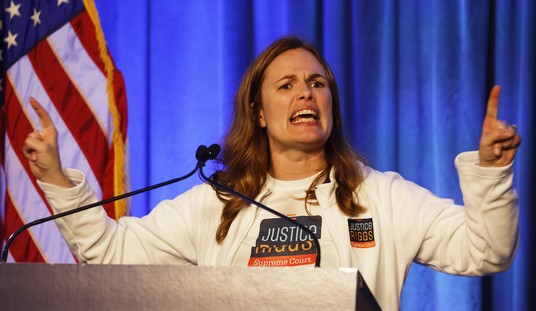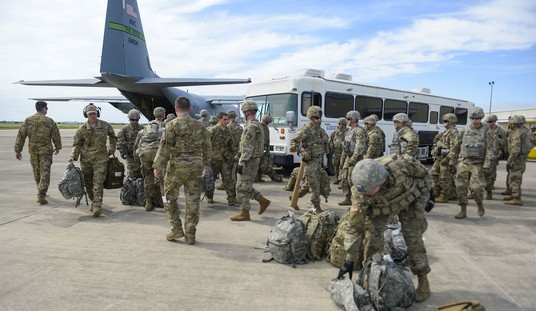There were multiple highly-anticipated Supreme Court decisions this term, but this one is perhaps the biggest of them. The ruling could have significant implications not only for former President Donald Trump personally but the 2024 presidential election, future Oval Office occupants — and potentially, even current and past presidents.
In a 6-3 ruling, the Court held that a former president has absolute immunity for his core constitutional powers. Further, former presidents are also entitled to at least a presumption of immunity for their official acts. However, there is no immunity for unofficial acts.
Chief Justice John Roberts, writing for the Court, laid out the holding, one that is likely to confound those on both/all sides of the issue, at least to some degree. In sending the case back to the lower courts to determine which of the acts in question are "official" versus "unofficial." Roberts noted the import of the decision:
This case poses a question of lasting significance: When may a former President be prosecuted for official acts taken during his Presidency? Our Nation has never before needed an answer. But in addressing that question today, unlike the political branches and the public at large, we cannot afford to fixate exclusively, or even primarily, on present exigencies. In a case like this one, focusing on “transient results” may have profound consequences for the separation of powers and for the future of our Republic. Youngstown, 343 U. S., at 634 (Jackson, J., concurring). Our perspective must be more farsighted, for “[t]he peculiar circumstances of the moment may render a measure more or less wise, but cannot render it more or less constitutional.” Chief Justice John Marshall, A Friend of the Constitution No. V, Alexandria Gazette, July 5, 1819, in John Marshall’s Defense of McCulloch v. Maryland 190–191 (G. Gunther ed. 1969).
It is these enduring principles that guide our decision in this case. The President enjoys no immunity for his unofficial acts, and not everything the President does is official. The President is not above the law. But Congress may not criminalize the President’s conduct in carrying out the responsibilities of the Executive Branch under the Constitution. And the system of separated powers designed by the Framers has always demanded an energetic, independent Executive. The President therefore may not be prosecuted for exercising his core constitutional powers, and he is entitled, at a minimum, to a presumptive immunity from prosecution for all his official acts. That immunity applies equally to all occupants of the Oval Office, regardless of politics, policy, or party.
Though the Court declined to make the determination itself as to which acts qualify for immunity, it did offer a certain degree of guidance to the lower courts, noting:
We offer guidance on those issues below. Certain allegations—such as those involving Trump’s discussions with the Acting Attorney General—are readily categorized in light of the nature of the President’s official relationship to the office held by that individual. Other allegations—such as those involving Trump’s interactions with the Vice President, state officials, and certain private parties, and his comments to the general public—present more difficult questions. Although we identify several considerations pertinent to classifying those allegations and determining whether they are subject to immunity, that analysis ultimately is best left to the lower courts to perform in the first instance.
Roberts summed up the scope of the decision thusly:
As for the dissents, they strike a tone of chilling doom that is wholly disproportionate to what the Court actually does today—conclude that immunity extends to official discussions between the President and his Attorney General, and then remand to the lower courts to determine “in the first instance” whether and to what extent Trump’s remaining alleged conduct is entitled to immunity.
Justice Alito Mocks Judge Pan's 'SEAL Team Six' Hypothetical in Trump Immunity Arguments
BREAKING: Supreme Court Will Take Up Trump Immunity Claim
RedState's streiff weighed in with his thoughts following the April 25 argument before the Court:
The U.S. Supreme Court heard arguments stemming from Special Counsel Jack Smith's prosecution of former President Donald Trump on felony charges that he conspired to overturn the results of the 2020 election. Jack Smith sent his advocate, Michael Drebeen, a veteran of over 100 Supreme Court appearances and Robert Mueller's unethical investigation of President Trump, into a proverbial Cuisinart of hostile questions. If the questions and statements of the justices are to be taken at face value, Trump's trial will not take place before November's election and possibly not at all.
Trump argues that any actions he took before January 20, 2021, were covered by presidential immunity. Basically, Trump said that if a president were constantly looking over his shoulder, fearing post-presidential prosecution, the office would cease to function. I happen to think that is true. Smith argued that despite the Justice Department's long-standing policy of not prosecuting ex-presidents, Trump poses such a unique threat to the republic that it is necessary in this case.
This is undoubtedly one of those decisions that will be talked about for years. RedState will have further analysis on it once we've had a chance to review and digest the ruling.














Join the conversation as a VIP Member